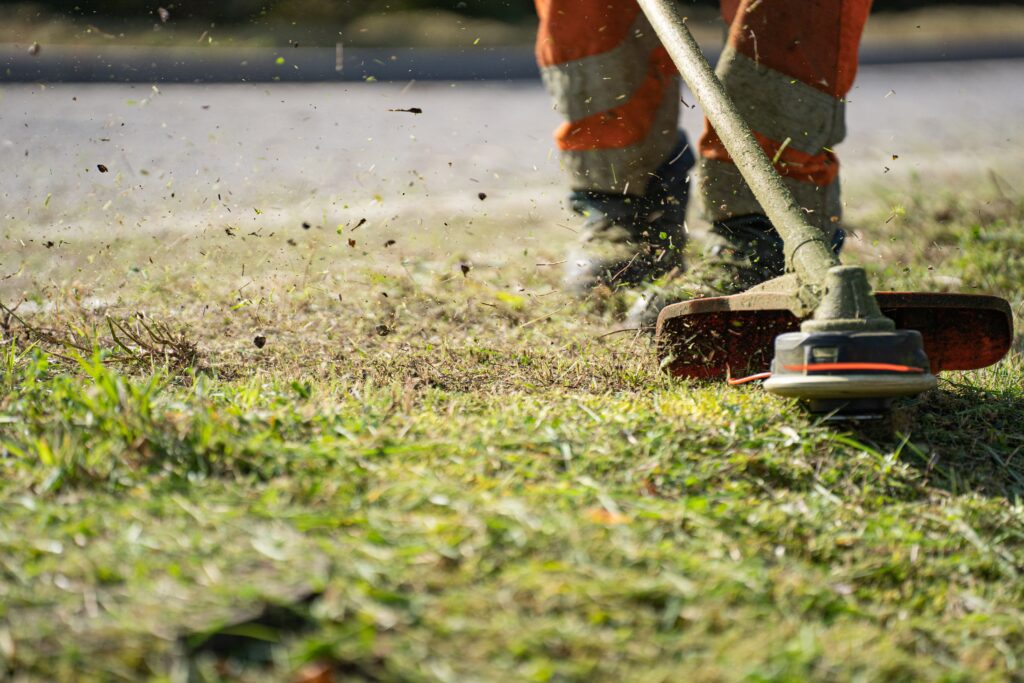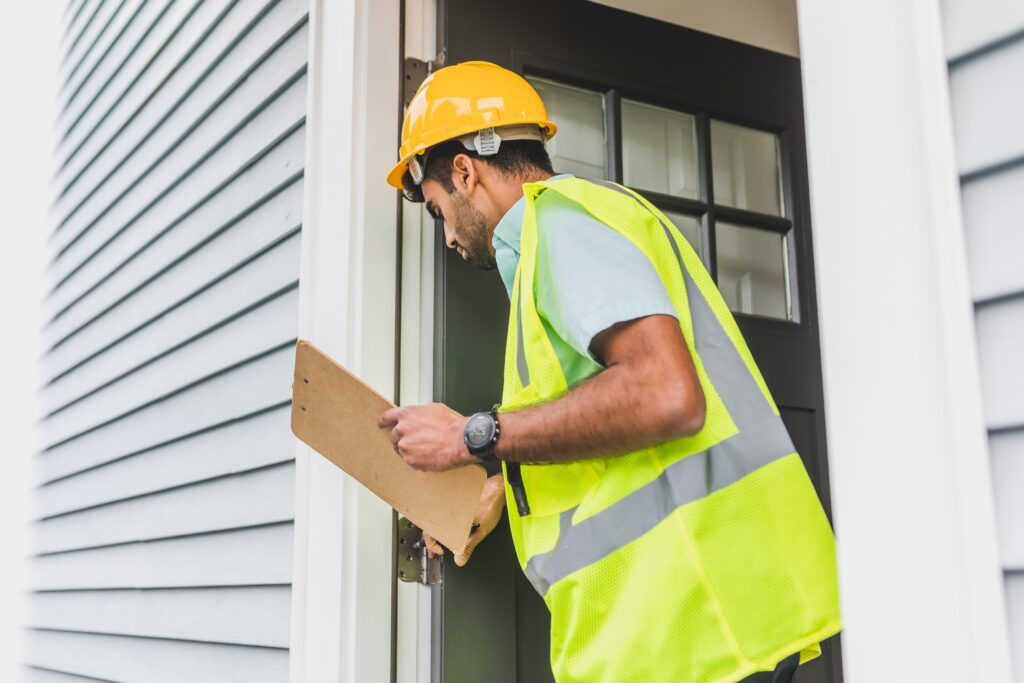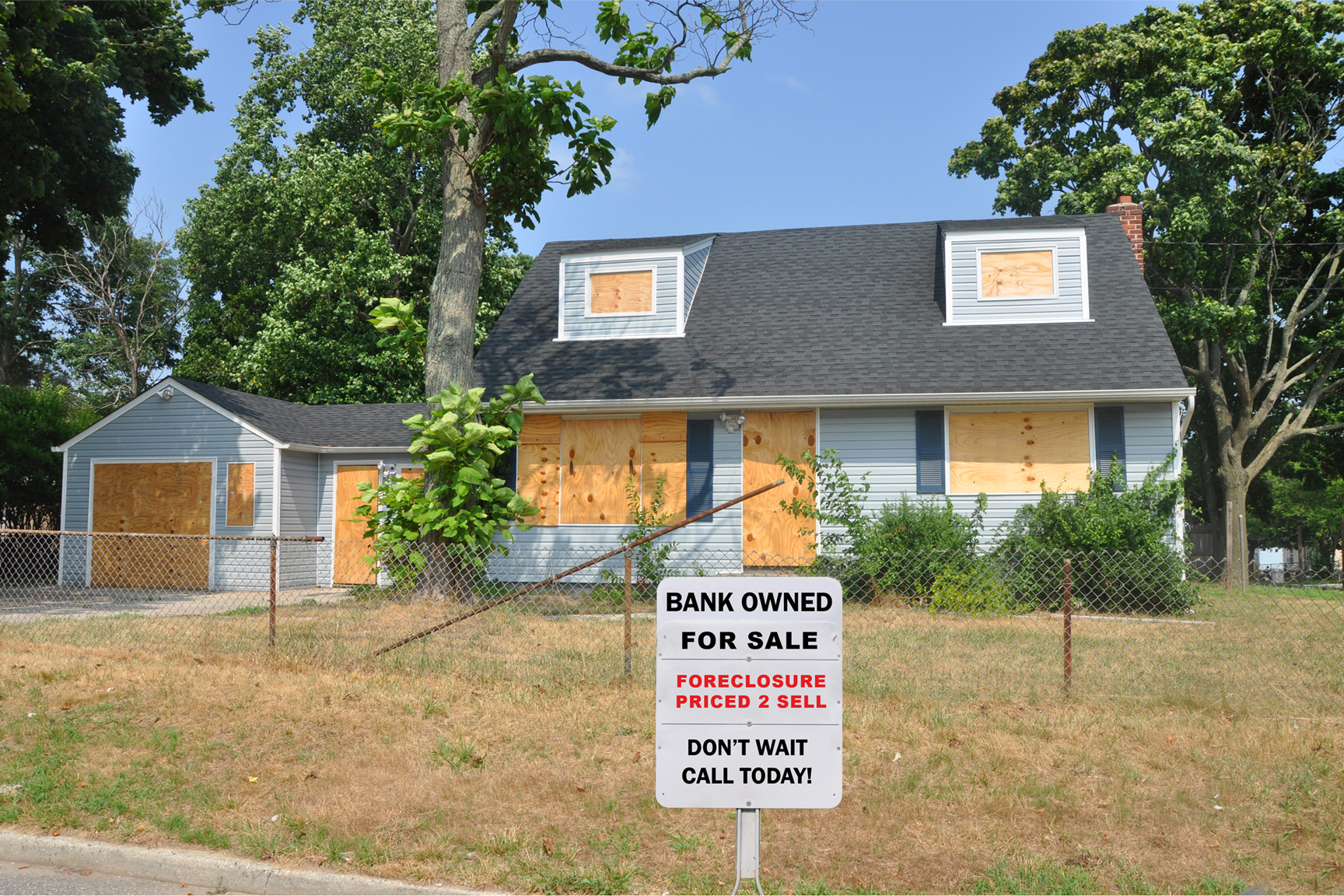Property Preservation: A Lucrative Opportunity in the Real Estate Industry
If you’re looking for a rewarding venture in the real estate industry that doesn’t involve traditional property sales, property preservation might be the perfect fit for you. Property preservation is a specialized niche that involves maintaining and protecting foreclosed or vacant properties, ensuring they remain in good condition and marketable. In this comprehensive pillar blog post, we will delve into the world of property preservation, covering everything from getting started to running a successful property preservation business. Whether you’re an entrepreneur exploring new opportunities or a real estate professional looking to diversify your income, property preservation offers a promising path to success.
2. What is Property Preservation?
Property preservation involves a range of services aimed at maintaining, protecting, and preserving foreclosed or vacant properties. When a property is foreclosed, the former owners have typically moved out, and the lender takes ownership. However, until the property is sold, it remains vulnerable to damage, deterioration, and vandalism. Property preservation specialists step in to safeguard the property and ensure it remains in a presentable condition for potential buyers. Some common services offered by property preservationists include:
- Securing the Property: Installing locks and boarding up windows and doors to prevent unauthorized access.
- Winterization: Protecting the property from freezing temperatures by draining water lines and adding antifreeze.
- Lawn Maintenance: Mowing the lawn, trimming bushes, and keeping the property looking well-groomed.
- Trash Outs: Removing debris and personal belongings left behind by previous occupants.
- Repairs: Conducting basic repairs to maintain the property’s safety and habitability.
3. Getting Started with Property Preservation
Start-up Costs and Initial Investment: Like any business venture, property preservation requires some initial investment. The start-up costs may vary depending on your location and the scale of your operations. Key expenses to consider include:
- Equipment and Tools: Locks, plywood, lawn care equipment, basic repair tools, vehicle.
- Insurance: Liability insurance, property preservation insurance.
- Marketing: Website development, business cards, advertising.
- License and Registration Fees: Check with your local government for any required permits or licenses.
Registering Your Business and Obtaining Necessary Licenses: Before launching your property preservation business, you’ll need to register it as a legal entity. This step helps protect your personal assets and simplifies tax filings. Decide on the business structure that best suits your needs (e.g., sole proprietorship, LLC, corporation) and register accordingly.
Understanding Regional and National Property Preservation Companies: Working with regional and national property preservation companies can provide a steady stream of work. These companies outsource property preservation services to independent contractors like yourself. Research and identify reputable companies in your area, and reach out to inquire about becoming a vendor. Some well-known national property preservation companies include Safeguard Properties, MCS (Mortgage Contracting Services), and Five Brothers.
Obtaining an Aspen Grove Number: An Aspen Grove Number, also known as a background check vendor number, is required by many property preservation companies to ensure the contractors they work with meet specific criteria. To obtain an Aspen Grove Number, you’ll need to undergo a background check and meet the necessary requirements. This number demonstrates your credibility and trustworthiness to potential clients.

4. Property Preservation Jobs and Services
Types of Preservation Jobs: Property preservation encompasses a range of services that cater to the needs of foreclosed or vacant properties. These services can be broadly categorized into three main types:
- Initial Services: These are the services performed when a property first becomes vacant or is foreclosed. They include securing the property, changing locks, removing debris, and winterization.
- Ongoing Maintenance: Once a property is secured, ongoing maintenance tasks are necessary to preserve its condition. These tasks may include lawn maintenance, pool maintenance, and regular inspections.
- Repairs: Properties in foreclosure or those that have been vacant for an extended period may require repairs to ensure they remain in a marketable condition. Repairs can range from basic maintenance tasks to more substantial renovations.
The Role of Property Inspections: Property inspections, also known as mortgage field inspections, play a crucial role in property preservation. These inspections provide vital information about the property’s condition, occupancy status, and any maintenance or repairs required. Inspectors document their findings through photographs and detailed reports, which help property preservation specialists prioritize and plan necessary tasks. Property inspections offer an excellent entry point for those looking to get started in property preservation.
Free Property Inspection Training from Mortgagefieldservices.com: If you’re interested in becoming a property inspector, mortgagefieldservices.com offers free training resources to help you get started. Their training programs cover essential topics such as inspection procedures, report writing, and industry standards. Gaining knowledge and expertise in property inspections can open doors to broader opportunities in property preservation.
5. Legal and Insurance Considerations
Eligibility and Restrictions (Felony Convictions): While property preservation can be an inclusive industry, certain restrictions may apply. Some property preservation companies have policies against working with individuals who have felony convictions. Before investing time and resources into starting a property preservation business, ensure you meet the eligibility requirements of the companies you wish to work with.
Necessary Insurance Coverage and Best Insurance Carriers: Property preservation involves potential risks, so having the right insurance coverage is crucial. Three essential insurance types for property preservation businesses are:
- General Liability Insurance: Protects you from claims and lawsuits related to property damage or injuries that occur during your operations.
- Professional Liability (E&O): Covers potential losses or damages to the properties you work on, such as theft, vandalism, or accidents.
- Workmans Comp Insurance: Is a form of insurance providing wage replacement and medical benefits to employees injured in the course of employment in exchange for mandatory relinquishment of the employee’s right to sue his or her employer for the tort of negligence.
Some additional insurance to consider is equipment insurance and cyber insurance. If you take your own equipment and tools to work at clients’ properties, business personal property insurance is key. It protects your portable equipment from loss, theft or damage. Cyber insurance doesn’t just protect you if you get hacked and your website hijacked. It protects you from the cost of cybercrimes like money transfer fraud too.
Research insurance carriers that specialize in providing coverage for property preservation businesses. Some reputable insurance carriers in this niche include: AIM Your Way, Berthel Fisher Insurance, Assurance Group, Payne West, Leonard Insurance or York-Jersey.

6. DIY vs. Subcontracting
Pros and Cons of Doing the Work Yourself: One option in property preservation is to perform all the tasks yourself, assuming the roles of property inspector, cleaner, lawn maintenance provider, and repair specialist. This approach offers more control and potentially higher profit margins. However, it also requires significant time, effort, and expertise to handle various responsibilities.
Benefits and Challenges of Subcontracting: Alternatively, you can subcontract tasks to specialists in each field. Subcontracting can save time and allow you to focus on business operations and client relationships. It also enables you to handle larger volumes of work. However, subcontracting may reduce profit margins as you’ll need to pay for the services provided.
How to Pay Subcontractors and the Best Business Banks to Use: When subcontracting, it’s essential to establish a reliable payment system to compensate your subcontractors promptly. Set up a business bank account to separate personal and business finances. Look for banks that offer favorable terms, such as low fees, convenient online banking, and business support services. Some popular business banks include Chase, Bank of America, and Wells Fargo.
7. Marketing Your Property Preservation Business
Creating a Professional Website and Online Presence: A professional website is essential for establishing credibility and showcasing your services. Include relevant information about your business, service offerings, contact details, and testimonials from satisfied clients. Optimize your website for search engines by incorporating relevant keywords related to property preservation and your target location.
Leveraging Social Media and Online Advertising: Social media platforms provide an excellent opportunity to reach potential clients and build relationships in the real estate industry. Create profiles on platforms like Facebook, LinkedIn, and Instagram to share valuable content, engage with your audience, and promote your services. Consider targeted online advertising campaigns to expand your reach and attract potential clients.
Networking with Real Estate Professionals and Industry Associations: Building relationships with real estate professionals, such as realtors, property managers, and mortgage brokers, can lead to valuable partnerships and referrals. Attend industry events, join local real estate associations, and engage in networking opportunities to connect with these professionals. Establishing a strong professional network can significantly benefit your property preservation business.
8. Essential Apps for Property Preservation
PPW (Property Preservation Wizard): PPW is a comprehensive software solution designed specifically for property preservation businesses. It streamlines operations by providing features like work order management, photo documentation, reporting, and integration with national property preservation companies. Using PPW can enhance efficiency and improve communication between you and your clients.
Pruvan: Pruvan is a mobile app that allows property preservation specialists to capture and upload photos directly from the field. The app ensures that documentation and proof of completed tasks are readily available. Pruvan also integrates with popular property preservation software systems, making it a valuable tool for efficient workflow management.
InspectorADE: InspectorADE is an app specifically designed for property inspectors. It enables inspectors to perform inspections, capture photos, and generate detailed reports directly from their mobile devices. The app offers customization options, offline functionality, and seamless integration with property preservation systems.
EZ Inspections: EZ Inspections is a comprehensive field service management app that caters to property preservation businesses. It offers features such as work order management, photo documentation, digital forms, and offline capabilities. The app helps streamline operations, improve productivity, and enhance communication with clients.
Zillow Premier Agent App: The Zillow Premier Agent App allows property preservation specialists to connect with potential clients who are actively seeking real estate services. By claiming your business profile on Zillow and using the Premier Agent App, you can access leads, manage inquiries, and stay connected with the local real estate market.
Conclusion
Starting and running a property preservation business can be a lucrative and rewarding venture within the real estate industry. By understanding the intricacies of property preservation, obtaining necessary training and certifications, and leveraging technology and marketing strategies, you can position yourself for success. Remember to comply with legal requirements, establish strong insurance coverage, and consider the benefits and challenges of DIY work versus subcontracting. With a strategic approach and dedication to providing quality services, you can establish a thriving property preservation business and unlock new opportunities in the real estate market. Jump start your success into this lucrative industry with our self paced property preservation mini course offered by C.R.E.W Academy https://crewacademy.gumroad.com/ .
